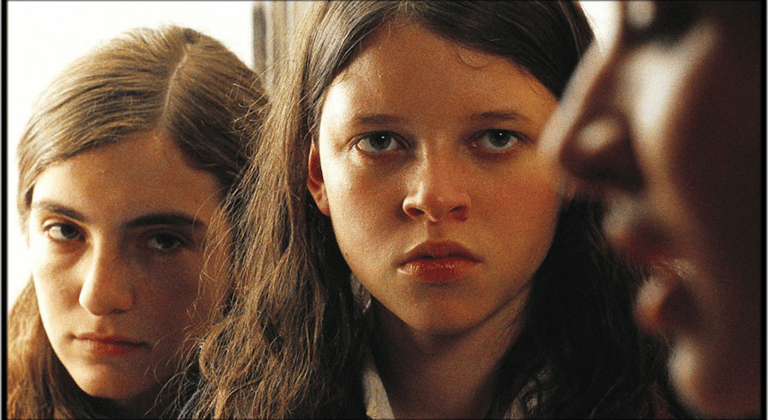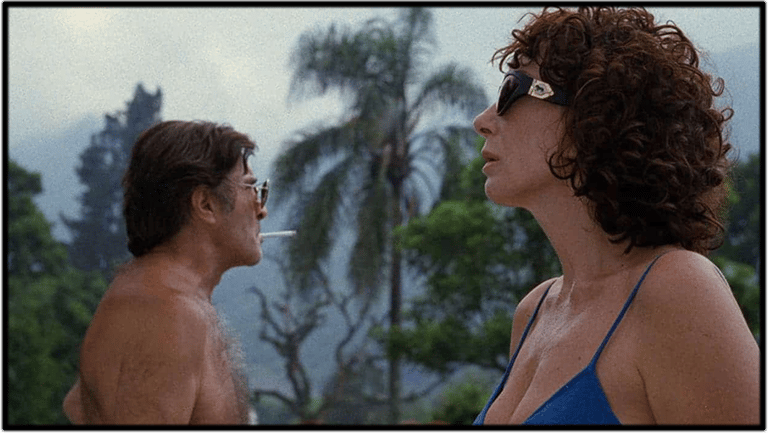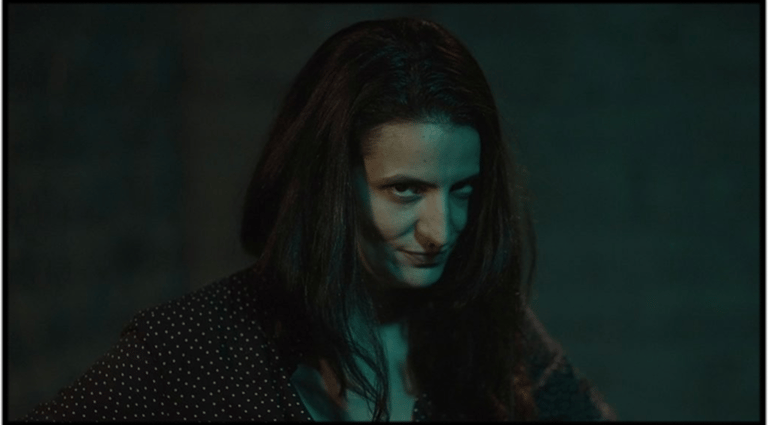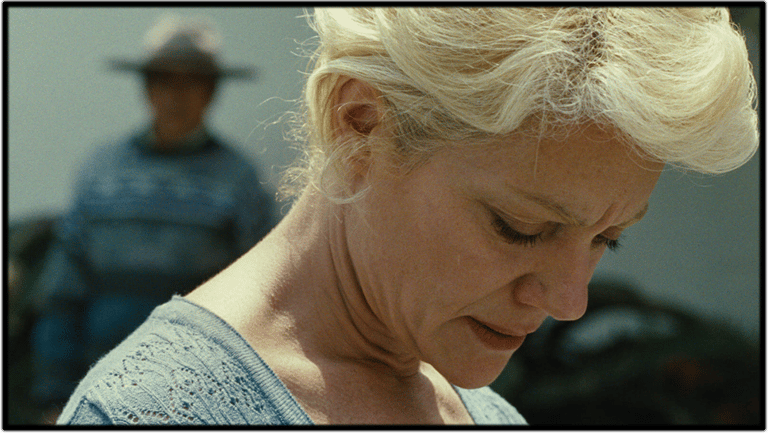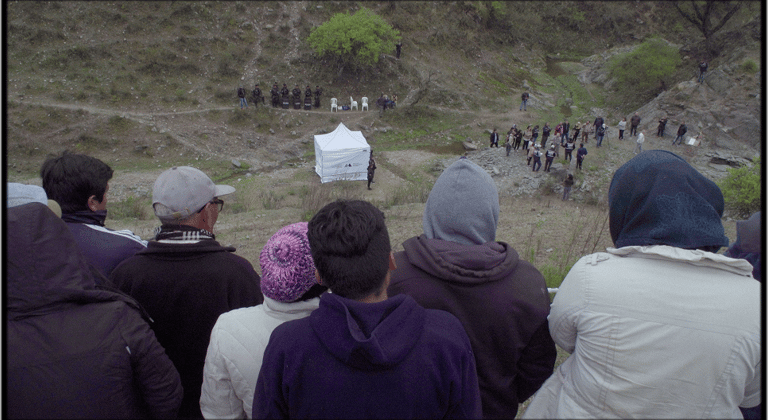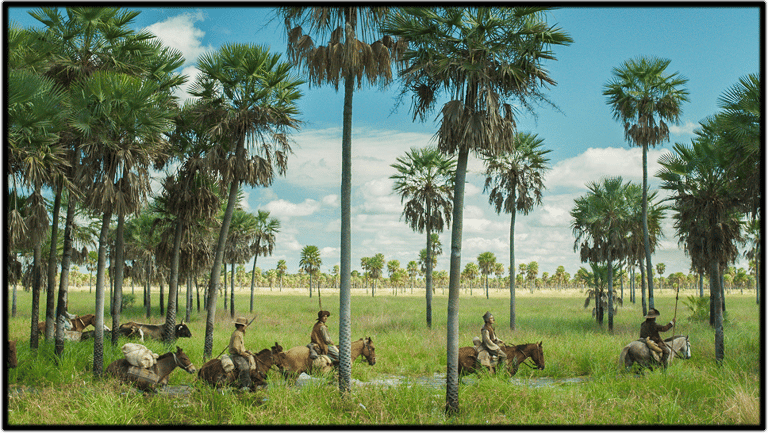Taip toliau:
TO ARGENTINA WITH LUCRECIA MARTEL
The retrospective presents the view of one of the most prominent contemporary filmmakers on her country, Argentina. Lucrecia Martel has only released her fifth feature film this year, but her work has already become a classic of contemporary cinema, with several books written about her and regular retrospectives held at the world's most influential contemporary art and cinema institutions. The films of what is probably South America's best known female director are memorable for their evocative atmosphere – hypnotic sensory spaces filled with uneasy tension between family members and social classes. All of Martel's work is characterized by sharp critical thought about Argentina's past and the current state of society, which she often conveys with biting humor. Her camera is always close to the bodies of her characters, the sound is dense and multi-layered, and the narrative is pieced together from fragments, the characters' glances and silent pauses.
Born in the Salta region, Martel gained international recognition with her debut film “Swamp”, which premiered at the Berlinale, where it was named the best Argentinian film of the decade. In it, the director freely and originally conveyed a sharp critique of the middle class through the prism of family. Pedro Almodóvar, together with his brother, undertook the production of her subsequent films. “The Holy Girl” and “Headless Woman” competed for the Palme d'Or at Cannes and, together with the director's first film, formed the so-called Salta trilogy – enigmatic and socially relevant films that take a critical look at the Argentine bourgeoisie, patriarchy, and power structures in everyday life. Her fourth film “Zama” was widely screened worldwide and explored the history of colonialism and racism in Argentina.
An important feature of Martel's work is that, while successfully making feature-length films, she has not abandoned the short film format. The retrospective presents all of the director's currently available shorts and feature-length films, as well as her latest documentary, “Landmarks”, which was screened at this year's Venice Film Festival and deals with systemic racism in Argentina and the expropriation of indigenous lands.
This comprehensive retrospective aims to introduce audiences to the precision and courage of Martel's consistently developed cinematic language and, at the same time, invites them to see Argentina through the prism of a creator who knows it deeply and understands it better than anyone else.
Programme is partly financed by: Lithuanian Film Centre.
2025 December 11th-14th at the SKALVIJA Cinema Center
Short Film Programme
73 min | 2010-2022
87 min | 2008
SKALVIJA: December 12th
SKALVIJA: December 13th

